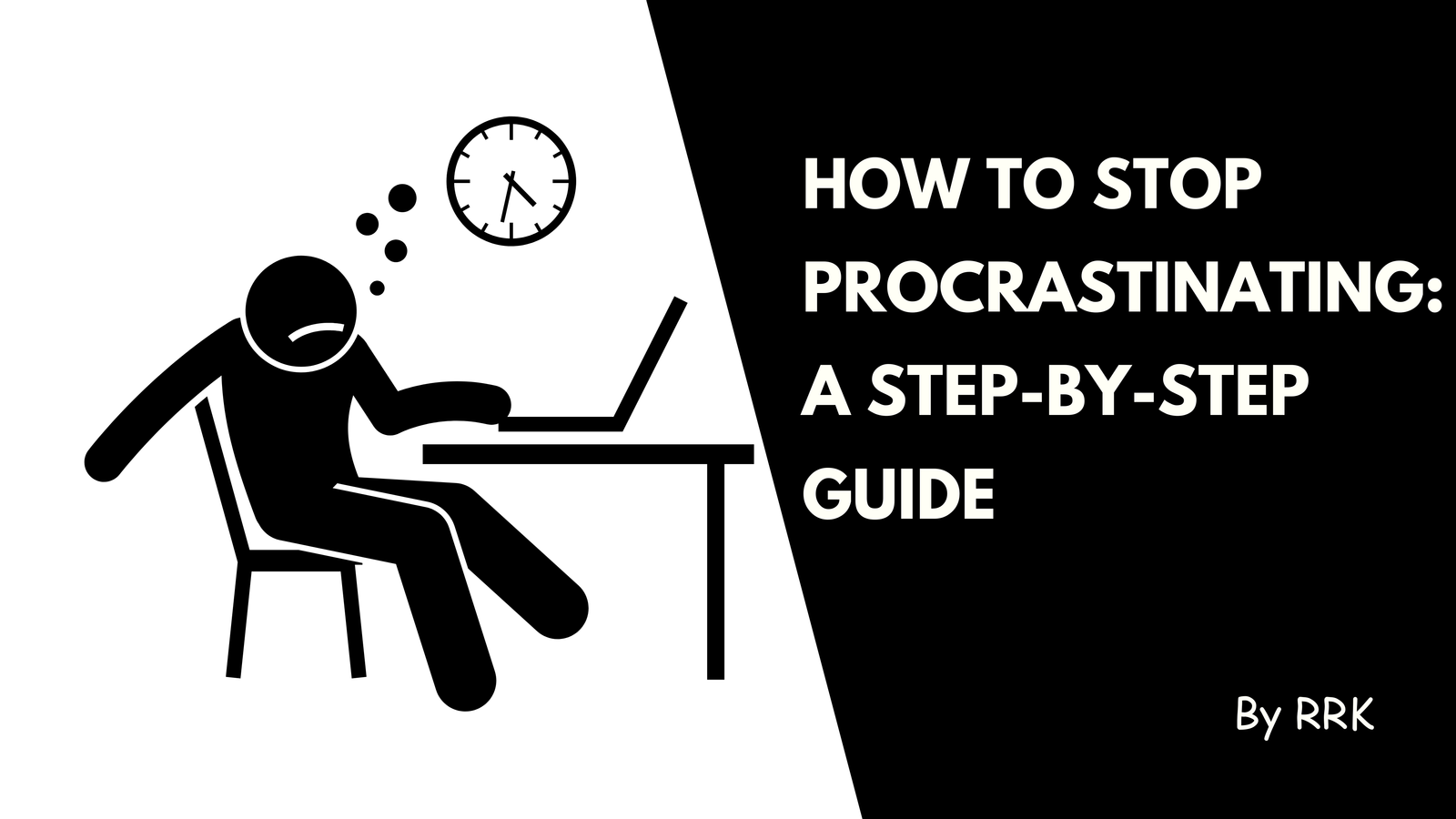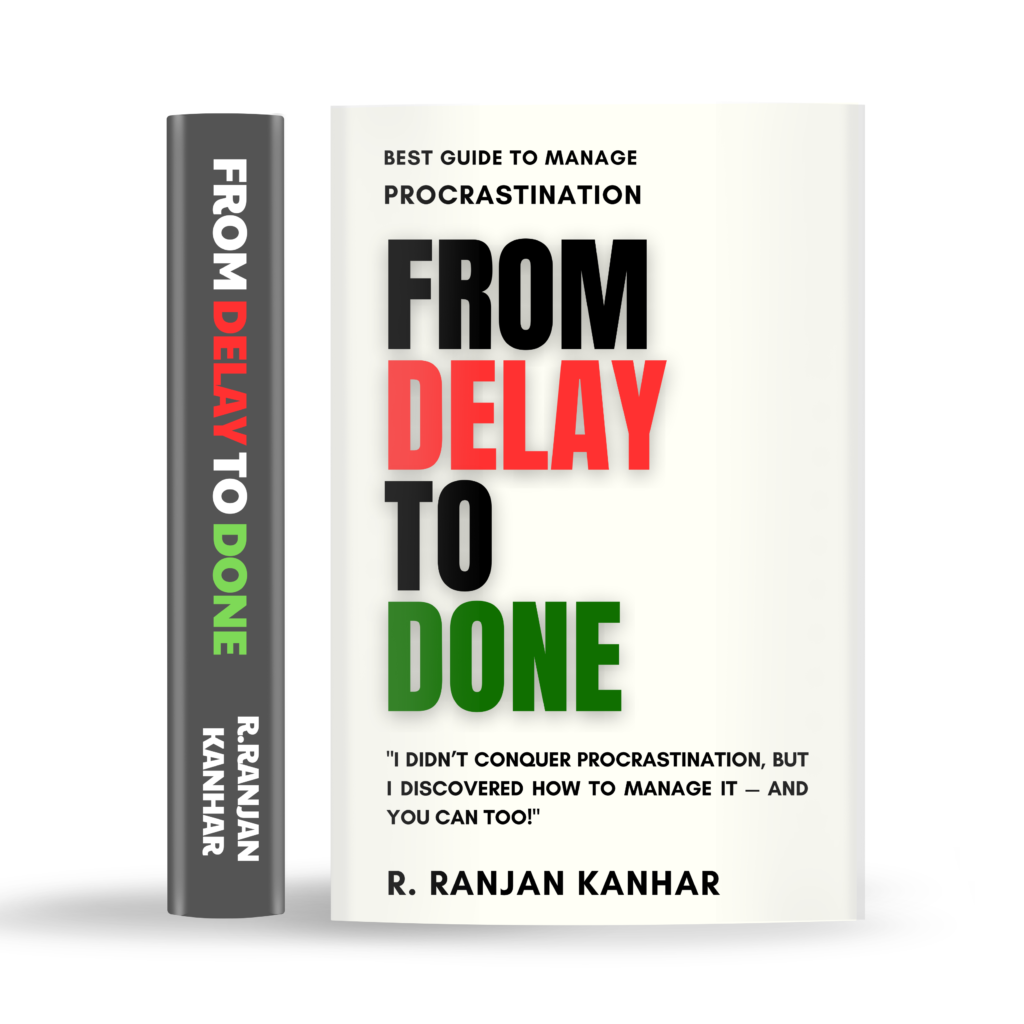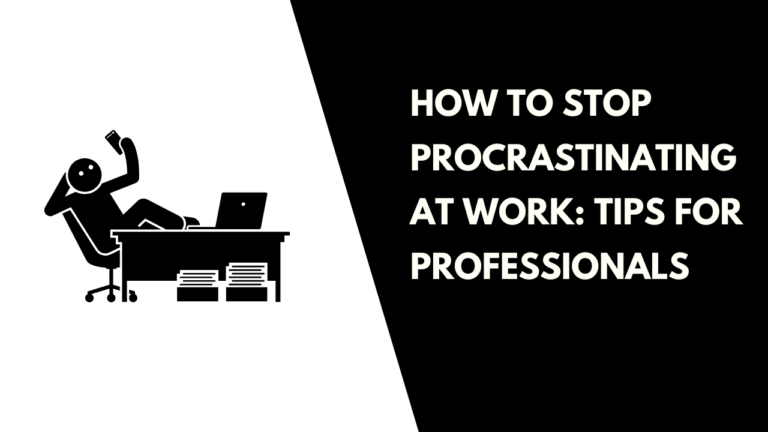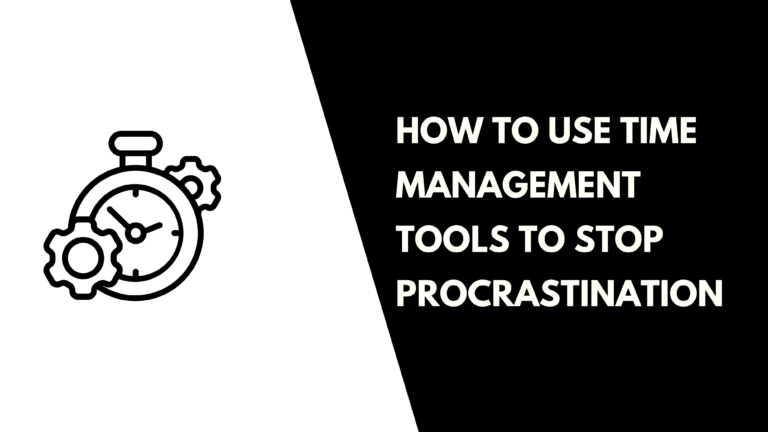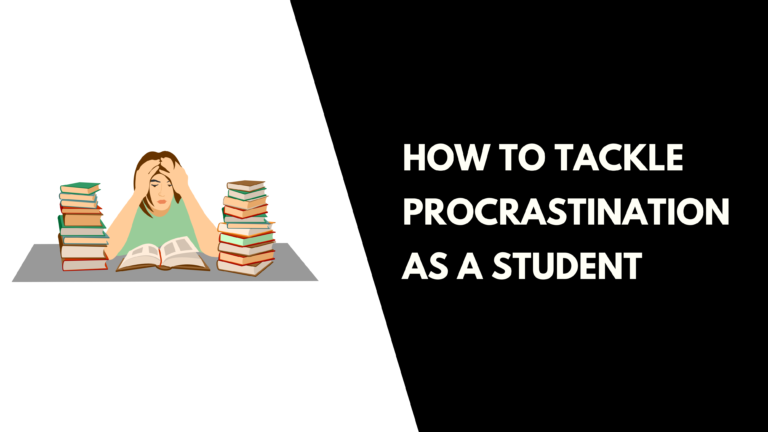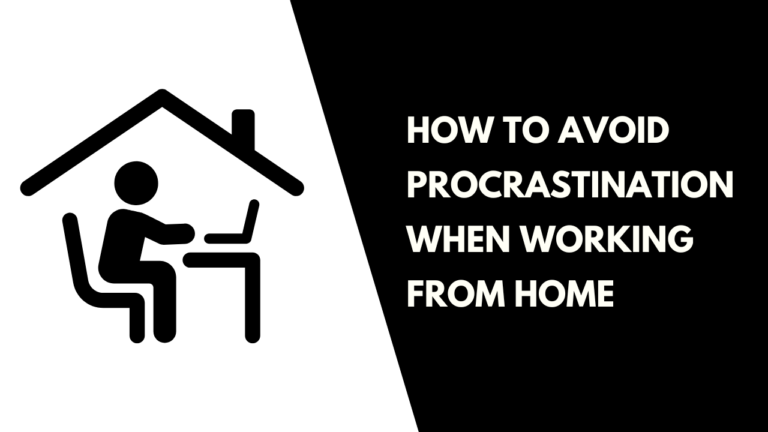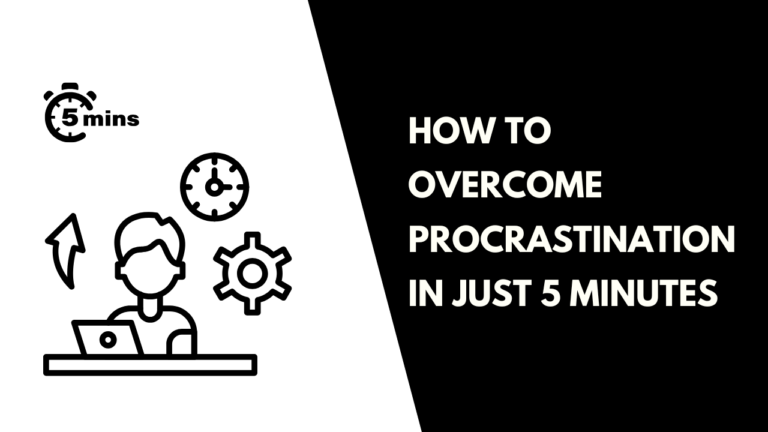How to Stop Procrastinating: A Step-by-Step Guide
Introduction – “How To Stop Procrastinating”
Procrastination. It’s that little voice whispering, “You can do it later,” only for later to stretch into hours, days, or even weeks. We’ve all been there, haven’t we? But what is procrastination, and why does it seem to hold us hostage at the most critical times? Let’s dive into this guide to not just understand procrastination but to conquer it once and for all.
Table of Contents
ToggleUnderstanding Procrastination
Types of Procrastination
Not all procrastination is created equal. Some of us procrastinate because we fear failure, while others delay tasks due to perfectionism. There’s also decision-making procrastination, where the sheer number of choices overwhelms us. Recognizing which type of procrastination you struggle with is the first step to overcoming it.
Common Reasons People Procrastinate
Why do we procrastinate? Fear, lack of motivation, poor time management, or simply being overwhelmed by the enormity of a task can all play a part. Sometimes, it’s as simple as not knowing where to start.
Psychological Factors Behind Procrastination
Procrastination often boils down to deeper psychological factors such as low self-esteem, anxiety, or even a need for instant gratification. Our brains are wired to prioritize short-term rewards, making it harder to focus on long-term goals.
Why Procrastination is a Problem
Effects on Mental Health
Procrastination isn’t just a harmless habit—it can lead to increased stress, anxiety, and feelings of guilt. Over time, this can take a serious toll on your mental health.
Impact on Productivity and Success
It’s often said that procrastination steals valuable time. It robs you of opportunities, derails your goals, and can even sabotage your career or academic success.
Strain on Relationships and Personal Growth
Procrastination doesn’t just affect you—it can strain relationships with colleagues, friends, and family. It also hinders your ability to grow and reach your full potential.
Recognizing Your Procrastination Habits
Identifying Triggers
What’s your procrastination kryptonite? Is it social media, TV, or even household chores? Identifying what triggers your procrastination can help you tackle it head-on.
Understanding Your Procrastination Patterns
Do you notice a recurring theme in when and why you procrastinate? Maybe it’s certain times of the day or specific types of tasks. Reflect on your patterns to gain better insight.
Self-Assessment Exercises
Take a moment to assess your habits. Journaling or using productivity apps can help you identify where you’re losing time and why.
Step-by-Step Strategies to Stop Procrastinating
Step 1: Break Tasks into Smaller Chunks
Ever heard the phrase, “How do you eat an elephant? One bite at a time”? The same goes for tackling big tasks. Breaking them into smaller, manageable steps makes them far less intimidating.
Step 2: Set Clear Goals with Deadlines
A goal without a clear deadline is nothing more than a wish. Set realistic, specific goals and stick to the timeline you’ve created.
Step 3: Use Time Management Techniques
From the Pomodoro Technique to time-blocking, there are plenty of strategies to help you manage your time effectively.
Step 4: Eliminate Distractions
Turn off notifications, find a quiet space, and let your loved ones know you’re in focus mode. Distractions are procrastination’s best friend—don’t give them a chance.
Step 5: Use the 2-Minute Rule
If a task requires under two minutes to complete, tackle it right away. This simple rule can help you tackle small tasks before they pile up.
Building a Productive Environment
Organizing Your Workspace
A cluttered desk leads to a cluttered mind. Arrange your workspace in a way that promotes efficiency and productivity.
Surrounding Yourself with Motivation
Whether it’s inspirational quotes, a vision board, or upbeat music, surround yourself with things that motivate you.
Using Tools to Keep You on Track
Productivity apps, planners, and even physical timers can help you stay focused and accountable.
Mindset Shifts to Overcome Procrastination
Cultivating Self-Discipline
Discipline beats motivation every time. Build routines and stick to them, even when you don’t feel like it.
Developing a Growth Mindset
Treat challenges as chances for personal growth rather than barriers to success. This mindset can make daunting tasks feel more achievable.
Practicing Self-Compassion
Don’t beat yourself up for procrastinating. Concentrate on how you can approach things differently in the future.
Staying Consistent
Building Habits That Last
Habits take time to form but can lead to lasting change. Start small and gradually build momentum.
Tracking Your Progress
Keep track of your accomplishments to stay motivated and see how far you’ve come.
Rewarding Yourself for Achievements
Celebrate your wins, no matter how small. Rewards can be a great motivator to keep going.
Dealing with Setbacks
Understanding Setbacks Are Normal
Everyone slips up. What matters is how you respond. Treat setbacks as learning opportunities, not failures.
Strategies to Bounce Back
Refocus, re-evaluate, and get back on track. You’ve got this!
Learning from Past Mistakes
Take time to assess what didn’t go as planned and identify ways to improve next time.
Conclusion
Procrastination doesn’t have to control your life. By understanding your habits, implementing actionable strategies, and making small, consistent changes, you can overcome procrastination and achieve your goals. The key is to start today—because the best time to begin is now.
FAQs
How long does it take to stop procrastinating?
It depends on the individual, but forming new habits can take anywhere from 21 to 66 days.What tools can help with procrastination?
Tools like Todoist, Trello, and the Pomodoro Timer are great for staying organized and focused.Can procrastination ever be beneficial?
In some cases, procrastination can lead to more creative solutions, but chronic procrastination is generally harmful.How do I help someone who procrastinates?
Offer support, encourage them to break tasks into smaller steps, and suggest helpful tools or techniques.What’s the first step to overcoming procrastination?
Recognize and acknowledge your procrastination habit, then take small steps to address it.
“Stop postponing your dreams! From Delay to Done is your ultimate guide to conquering procrastination. Grab your copy today on Amazon!
